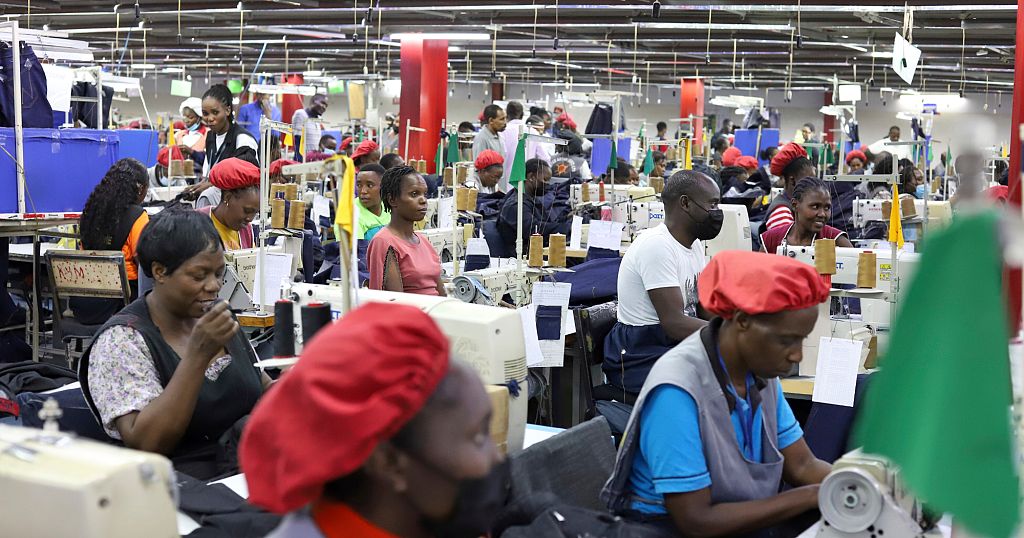The African Growth and Opportunity Act (AGOA), a multilateral agreement that has provided duty-free access to US markets for thousands of products from African nations, has officially expired. The expiration of AGOA has left the future of trade between the United States and Africa in uncertainty. Since its introduction in 2000, AGOA has enabled African countries to export goods to the US without tariffs, boosting their economies.
In Kenya, the textile and apparel sector has been a significant beneficiary of AGOA, with exports to the US growing from $50 million to around $500 million today. However, with the expiration of AGOA, the sector is facing an uncertain future. Pankaj Bedi, the CEO of the United Aryan clothing factory in Kenya, noted that without AGOA, Kenyan manufacturers will struggle to compete with Asian exporters. Bedi, who also chairs the Apparels Manufacturers and Exporters at the Kenya Association of Manufacturers, warned that the collapse of the sector would have severe consequences for the economy.
The expiration of AGOA is expected to have a significant impact on employment in Kenya, with over 66,000 people, mostly women, employed in the textile and apparel sector. In the garment districts of Nairobi, job cuts and fears over livelihoods have already begun. Julia Shigadi, a machinist, expressed her concerns about the future, stating that her job is her only source of income. AGOA had also provided African countries with hope that their export economies would be exempt from blanket tariffs announced by the US earlier this year.
At the United Nations General Assembly, Kenyan President William Ruto sought a five-year extension of AGOA, while a White House official indicated that the Trump administration supports a one-year renewal of the deal. Experts warn that several African economies are likely to face adverse effects from the expiration of AGOA and the introduction of new tariffs. Raphael Obonyo, a public policy expert at UN Habitat, noted that while the challenges may seem manageable in the short term, they will have devastating consequences in the long run.
The expiration of AGOA has significant implications for trade between the US and Africa. As the situation unfolds, it remains to be seen how the US and African countries will navigate the new trade landscape. The impact of AGOA’s expiration will be closely watched, particularly in countries like Kenya, where the textile and apparel sector has been a major driver of economic growth.
